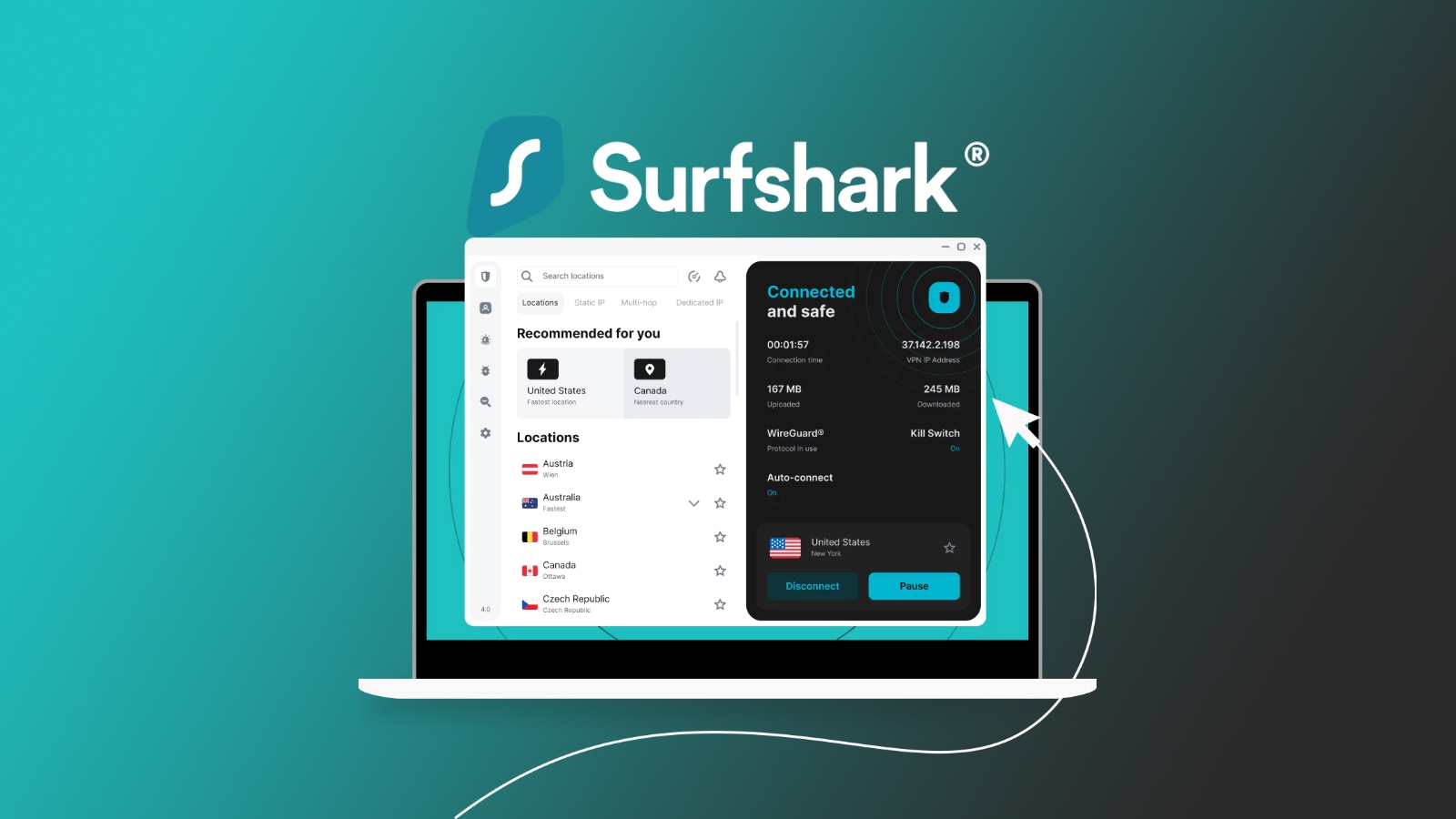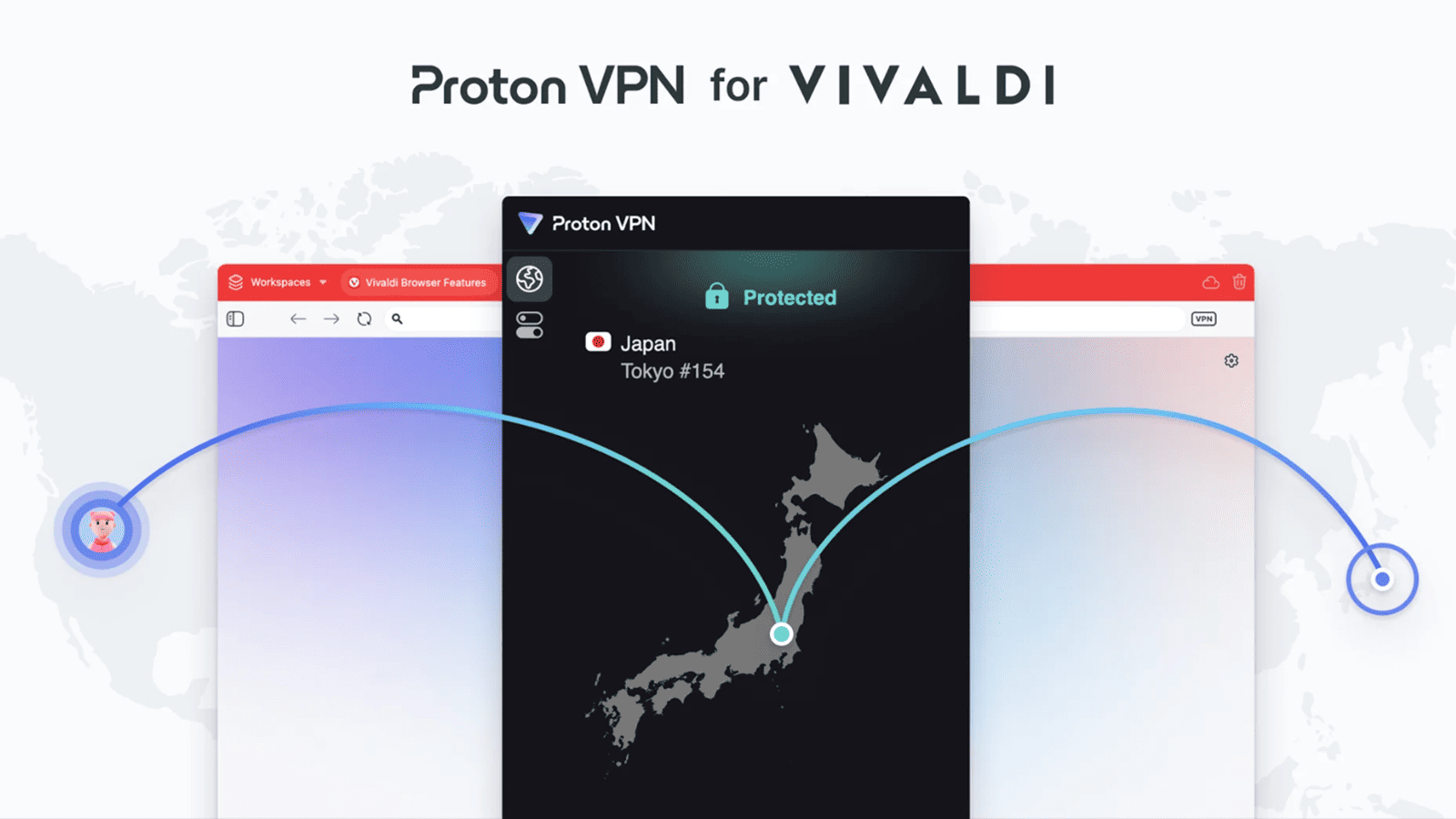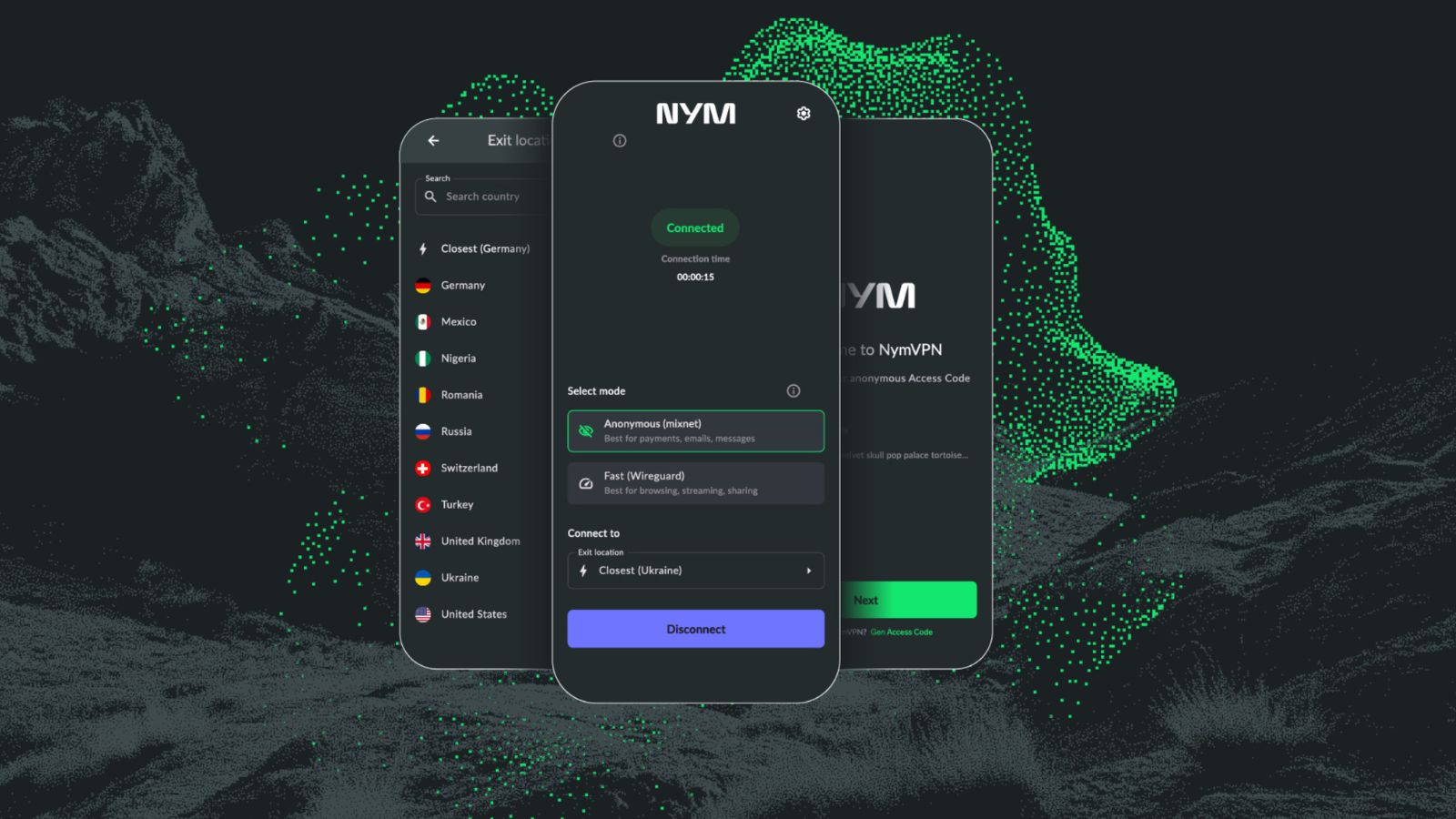Egpyt bans using VPNs for accessing blocked websites
The Egyptian Government led by President Abdel-Fattah el-Sissi has passed an Anti-Cyber and Information Technology Crimes law that empowers the Government to block websites it deems are a threat to national security. While the Government does its part to block unwanted websites, it will also be vigilant on those who use VPNs to access the blocked sites. Breaking the law could land a 1-year jail sentence or a fine of up to EFP 100,000 or US$5,593.
The highlights of the law include —
- Banning dissemination of information related to the movement of Egyptian security.
- Severe punishment for those guilty of hacking government systems.
Superficially, the enactment of the new cyberlaw seems justified given how information technology can be used for nefarious purposes for spreading fake news and circulating terrorism information. However, it is not clear how the law will be enacted on the ground. There is every possibility of the Government attempting to censor perfectly legitimate information. Amnesty International's Najia Bounaim expressed similar concerns. She said,
"Every day we receive reports about people from all levels of Egyptian society who have been persecuted for Facebook posts, tweets, artwork, and even personal, unpublished writing that has fallen into the hands of the Egyptian authorities."
A couple of months ago, Egypt enacted a similar law wherein those having more than 5,000 followers on social media are regulated and, for all intents and purposes, considered as media outlets.
With the passing of this law, Egypt joins the list of a select few nations where VPNs are blocked. While the use of VPNs for abetting criminal activity is a topic for debate, it surely blocks out a potential information resource for the public, especially when the Government hasn't clarified what it considers legal and what is not.
What do you think about Egypt's new anti-cybercrime law? Let us know in the comments below. Also, to get instant tech updates, follow TechNadu’s Facebook page, and Twitter handle.











